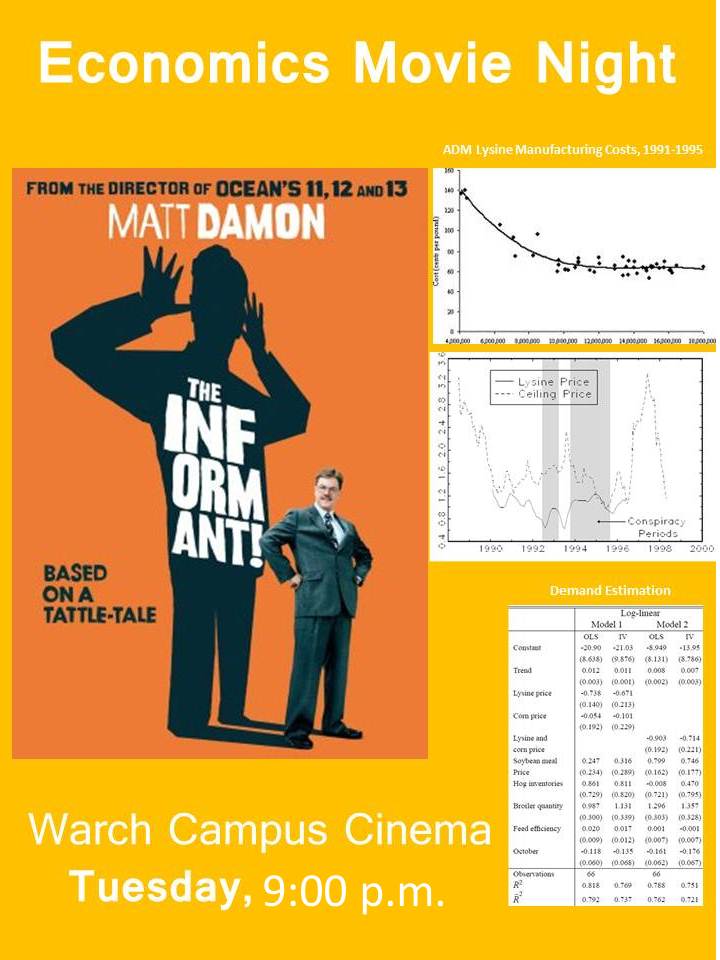The Chicago Booth School gives us a spectacular interview with Eugene Fama and Robert Thaler on the efficient market hypothesis, the idea that prices reflect all available information.
Thaler says he likes to parse this statement in two parts: The first is whether you can individual investors outperform the market (doesn’t look promising); the second is whether prices are “correct” at any given point in time (I suppose it depends on what you mean).
The discussion is absolutely great, and you will learn a lot about economic modeling and thinking about testing economic models from two leading scholars who have thought a lot about it. At one point, Fama somewhat hilariously (to economists, at least) declares himself to be “the most important behavioral-finance person, because without me and the efficient-markets model, there is no behavioral finance.”
Incidentally, the Booth school is also the source of the Initiative on Global Markets polls of economists, leading to the remarkable Which Economist are You Most Similar To? interactive tool.


 Speaking of Hayek, late last week the libertarian Cato Institute hosted a blockbuster panel on The Constitution of Liberty, which was just
Speaking of Hayek, late last week the libertarian Cato Institute hosted a blockbuster panel on The Constitution of Liberty, which was just 